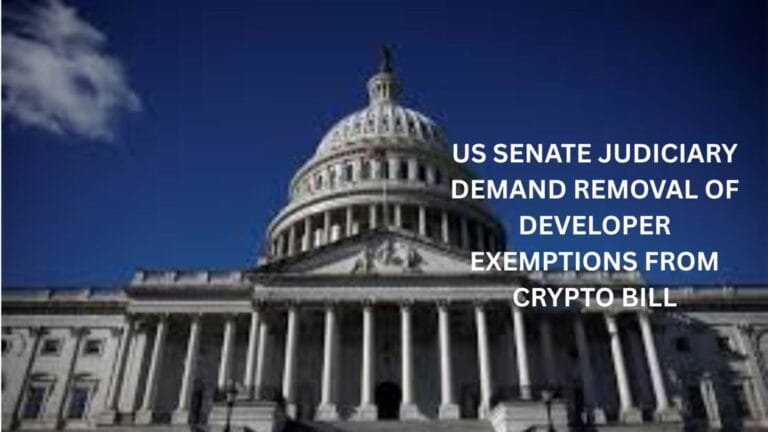Key takeaways:
- IRS has issued a new judgment requiring cryptocurrency investors to declare crypto staking rewards as gross income.
- Gross revenue covers earnings that are received in any way, including cash, goods, services, and now staking incentives.
The highest tax body in the United States has issued a new judgment requiring cryptocurrency investors to declare crypto staking rewards as gross income in the year they are earned.
The Internal Revenue Service provided clarification in Revenue Ruling 2023-14, which was published on July 31, regarding how revenue from staking digital assets should be treated for taxes purposes. Gross revenue covers earnings that are received in any way, including cash, goods, services, and now staking incentives.
The decision applies to cash-method taxpayers who receive any cryptocurrency as payment for confirming transactions on proof-of-stake blockchains, and it does so regardless of whether the money is staked directly or via a centralized cryptocurrency exchange.
According to the document, the fair market value of the cryptocurrency incentives should be calculated when the assets are received and added to annual income. As stated in the paper:
“The fair market value is determined as of the date and time the taxpayer gains dominion and control over the validation rewards.”
The term “dominion” was defined as the period during which the investor had control over and the option to sell, exchange, or otherwise dispose of the bitcoin rewards.
According to the authorities, the regulation also applies to investors who stake tokens through a cryptocurrency exchange, provided the taxpayer is given more cryptocurrency as compensation for the validation.
According to crypto tax firm Koinly, the IRS previously taxed capital gains and income from cryptocurrency mining awards but did not yet have any rules for staking incentives.
The IRS tax bulletin comes as US government agencies, including the Securities and Exchange Commission (SEC), are allegedly investigating exchanges and providers of crypto-staking services on the grounds that they are selling unlawful securities.
Under the direction of the IRS, authorities in the US are vigorously pursuing charges against affluent Americans, hedge fund managers, and cryptocurrency traders who are thought to have taken advantage of Puerto Rico’s advantageous tax laws to dodge paying their fair share of taxes. Foreign nationals must reside in Puerto Rico for 183 days or more a year and establish strong relationships with the community to qualify for tax benefits on the island.










